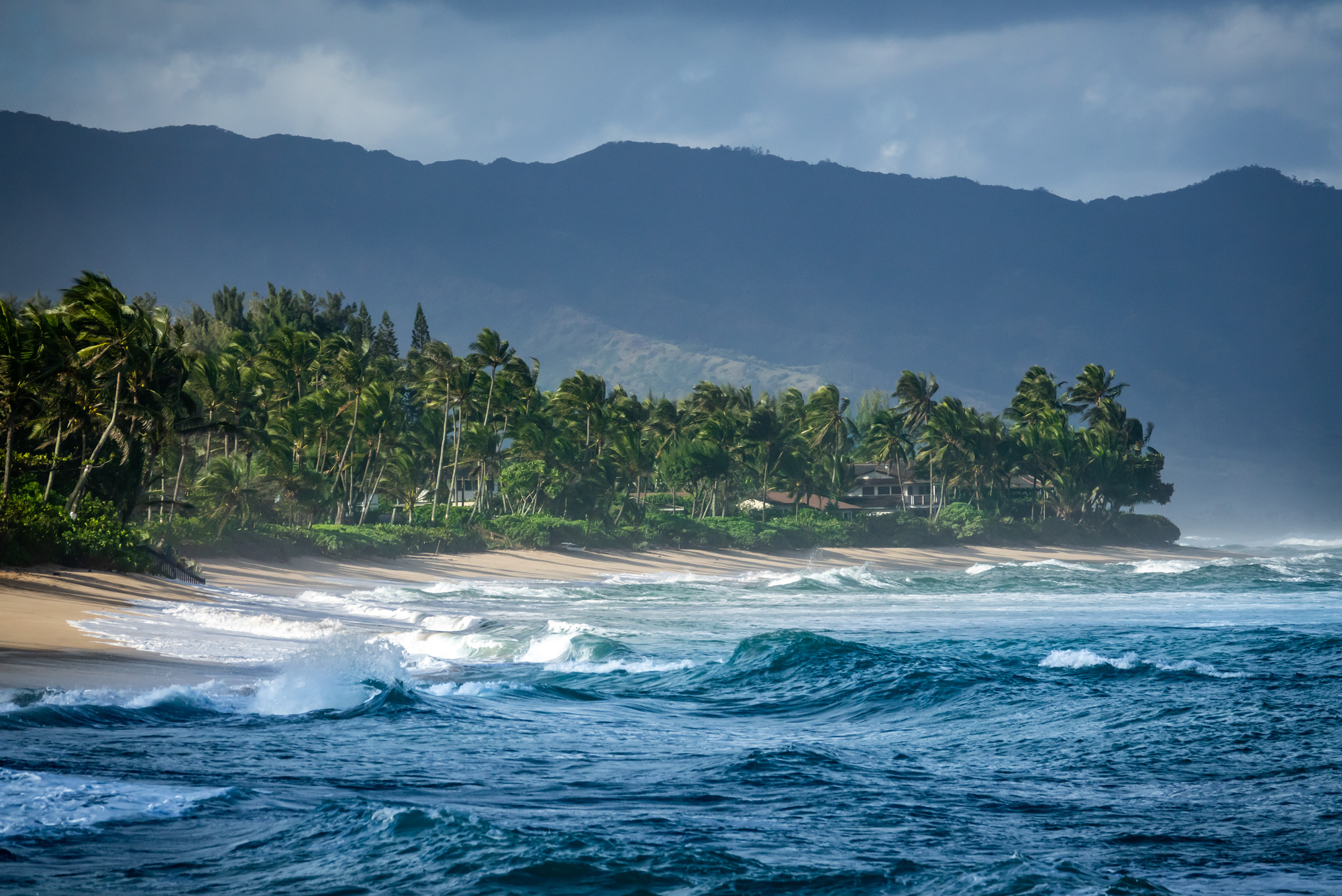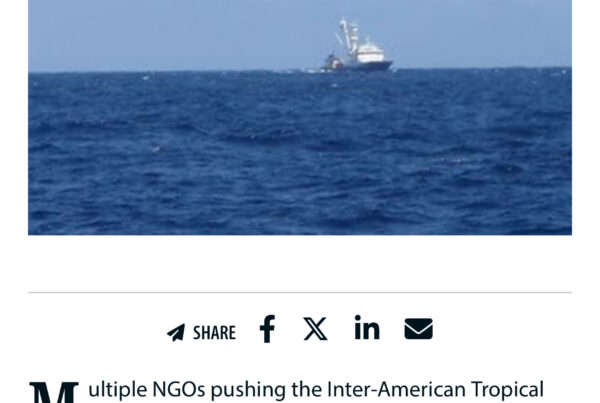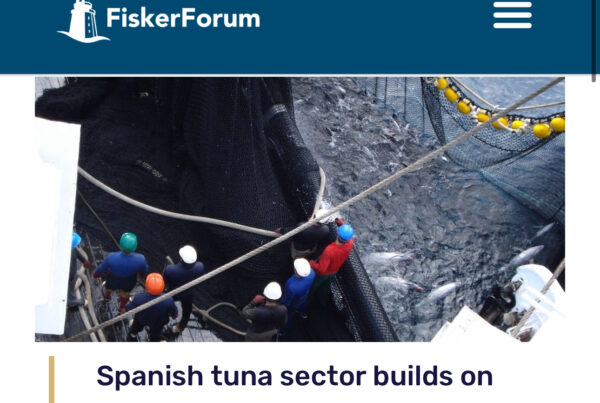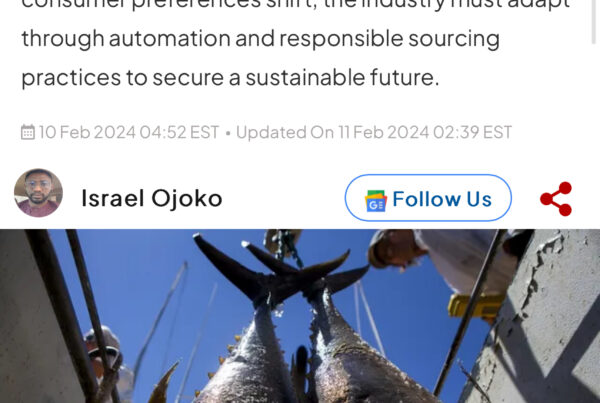Biden’s Administration Reaffirms Commitment to the Pacific Despite Other Crises
While President Joe Biden was on the phone Saturday trying to persuade Russia not to invade Ukraine, his top diplomat was wrapping up a weekend trip across the Asia-Pacific region.
Secretary of State Antony Blinken’s visits to Australia, Fiji and a meeting with his South Korean and Japanese counterparts in Hawaii signaled that the region remains the U.S. administration’s foreign policy priority even as crises erupt elsewhere in the world.
The White House also released a new Indo-Pacific Strategy Friday that criticized China’s efforts to extend its Pacific influence and laid out a broad action plan to strengthen the U.S. presence in the region, including opening new embassies and consulates, expanding the Peace Corps and upping its investment in Pacific islands.Continue reading here (Source: Honolulu Civil Beat).
Micronesia Follows Marshall Islands Out of the PIF Alliance
The Federated States of Micronesia (FSM) will temporarily rescind its withdrawal from the Pacific’s main political forum, the country’s foreign ministry said on Saturday, hours ahead of a visit of U.S. Secretary of State Antony Blinken to Fiji. (The Marshall Islands, Kiribati, Nauru, and the Federated States of Micronesia all decided to leave the Forum after Palau’s decision in February 2021.)
Blinken’s stop in Fiji aims to reassure Pacific Island leaders, including of the FSM, that Washington and its allies are committed to providing security and COVID vaccines, as China steps up its aid and influence in the region.
In February 2021, the FSM and four other nations withdrew from the Pacific Island Forum (PIF), saying that an informal agreement to elect a new chief diplomat from their Micronesia sub-region was not honored. Continue reading here(Source: gCaptain).
French Polynesia Announces Huge Marine Sanctuary
The French Polynesian government says by 2030 it plans to create a marine sanctuary covering half a million square kilometres in the south-east of the territory.
President Edouard Fritch announced the marine sanctuary at the One Ocean Summit in France.
The reserve, which is to be known as Rahui Nui, is home to 21 species of sharks, 176 corals and 1,024 species of fish.
President Fritch has also announced a commitment to restrict fishing around more than 100 islands in 500,000 square kilometres to traditional methods by the end of the year which will curb industrial fishing by about 20 percent. Continue reading here(Source: Radio New Zealand).
US Labor Abuse Finding Spurs Taiwan’s Seafood Industry, Government to Further Action
Taiwan will soon revoke the “authorization for investment in operation of foreign-flagged fishing vessels” granted to the owner-operator of the Da Wang, a Taiwanese-owned (and Vanuatu-flagged) vessel which was the subject of a recent finding by the U.S. Customs and Border Protection (CBP) that labor abuses took place on board.
On 18 August, 2022, the U.S. CBP, a division of the U.S. Department of Homeland Security, issued a withhold release order refusing all seafood caught by the Da Wang at U.S. ports of entry. On 28 January, 2022, the CBP issued a forced labor finding against the Da Wang, citing an investigation that discovered evidence of all 11 of the International Labour Organization’s forced labor indicators on the vessel. The elevated ruling will result in all seafood affiliated with the Da Wang to be confiscated at all U.S. ports. Continue reading here (Source: SeafoodSource).
Seychelles Embraces Transparency in Fisheries, But Gaps in Data and Action Remain
With hooks, nets and lines, industrial fishing vessels stream into the waters around the Seychelles every year, looking for a fish known as “blue gold:” tuna. The most sought-after tuna is the yellowfin tuna, but fishers also catch big-eye tuna, skipjack tuna, and swordfish.
The fishing industry fortifies the Seychelles’ economy. In 2019, the small East African archipelago nation exported about 6,600 metric tons of fish and crustaceans, which brought more than $13 million into the country, according to a local news report. Fisheries is the second most important sector after tourism in the Seychelles, contributing to 20% of the GDP and employing 17% of the population, according to the World Bank. Yet conservationists have long been sounding the alarm that fish stocks, particularly yellowfin tuna (Thunnus albacares), are overharvested. Continue reading here (Source: Mongabay).
Extreme Heat is the New Normal for the World’s Oceans, According to Study
In the 120 months that formed the decade from 2010 to 2019, the waters that bathe the coasts of the Maldives in the Indian Ocean recorded extreme temperatures in 111 of them. A century ago, this would only happen on a few days each year. The phenomenon is not limited to this area of the planet; the warming of the seas and oceans is as global a problem as it is on dry land. Analysis of temperatures from 150 years ago to today shows that what in the past was a rare extreme thermal event is now the norm. The impact on plant and animal life in the oceans is already being felt, with more and more species migrating further north, or further into the cooler deep. Continue reading here (Source: El Pais).
Study Finds Northeast Canyons and Seamounts Monument Had Little to No Impact on Fisheries
The prohibition of fishing in the area that became the Northeast Canyons and Seamounts Marine National Monument had little to no negative impact for squid/butterfish, mackerel, and tuna fisheries, according to a recent study published in the scientific journal Nature.
The study, “Fishing activity before closure, during closure, and after reopening of the Northeast Canyons and Seamounts Marine National Monument,” was authored by John Lynham, a professor of economics at the University of Hawai’i at Mānoa.Continue reading here (Source: SeafoodSource).



